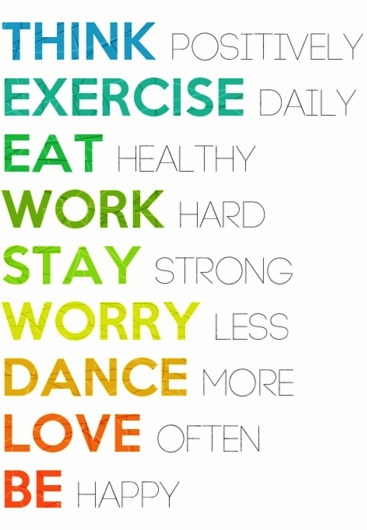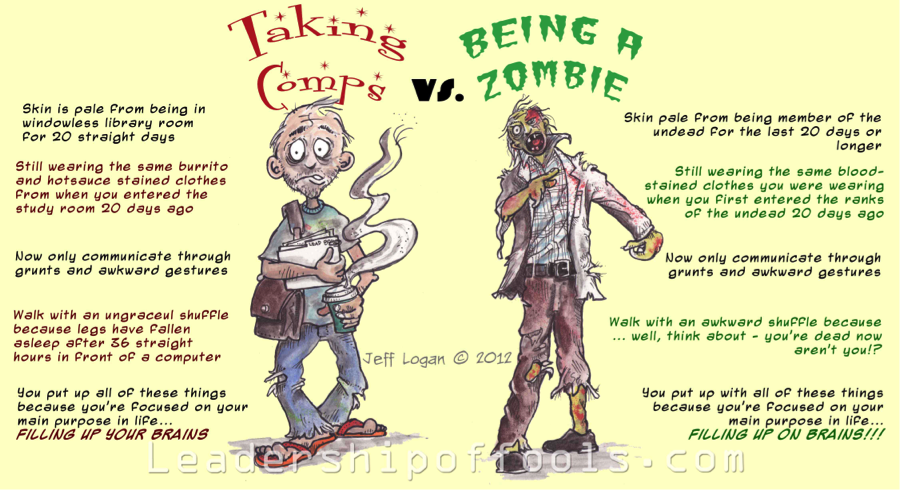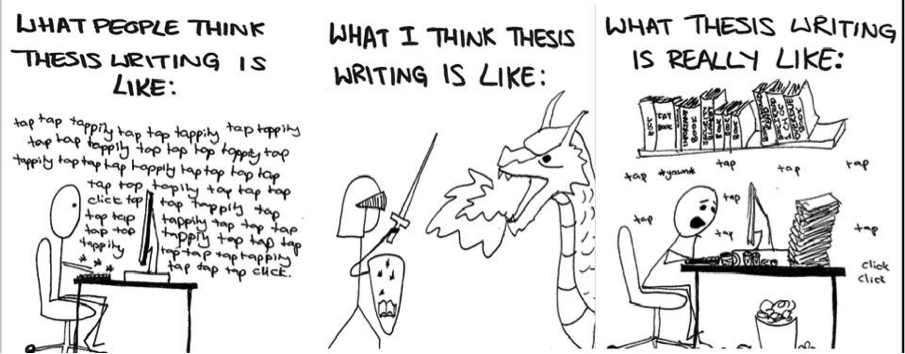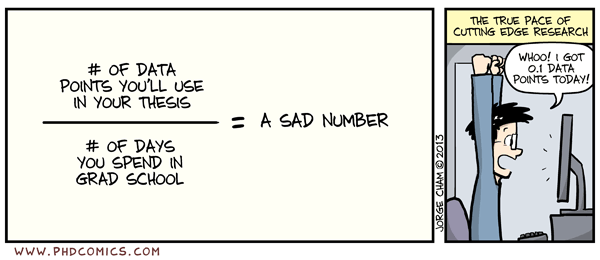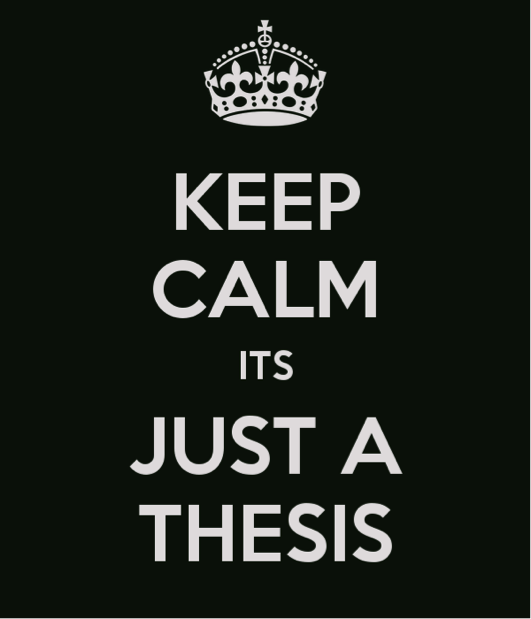The following post was written by Samantha Van De Wal, a Master of Education student who is also currently obtaining her Certified Nutritional Practitioner designation and naturopathic medical degree.
Like many students, you’ve probably fallen into your winter rut, and had ample opportunity to develop some pretty gnarly habits that you didn’t have Summer 2014 (thanks, grad school). Have no fear, I’m here to give you five simple tricks to kick the unhealthy habits, rid or reduce the stress, and get a clearer mind:
1. Eating low fat is a thing of the past.
Think you’re doing yourself good by grabbing the low fat yogurt and fruit? Have you ever asked yourself whether you’re truly satiated after eating it? My guess is… you’re not. That’s because it’s loaded with sugar but has relatively no or very low fat. And while you think all fats are bad, I’m here to tell you that they’re actually the good guys that keep you fuller, longer! In fact, fats are essential macronutrients; fats are essential for us to function optimally.
- Have a long day ahead? Fats are a source of short term and long term fuel. By adding in a tablespoon of fat (like olive oil or coconut oil) into your meal or smoothie, you’re actually preventing yourself from over-indulging later. They keep you fuller longer because they take longer to digest.
- Trying to retain some knowledge and keep your brain healthy? (You’re in grad school, of course you are.) Fats are integral for brain function, and are a major contributor to your brain’s structure. Try increasing your daily Essential Fatty Acid (EFA) intake by taking 1-2 tablespoons per day of high quality fish oil.
- Fats act as a synthesizer for vital hormones in your body. Improper fat intake could lead to hormonal issues, including your adrenal hormones, which are impacted by stress.
- Beware though that there are some bad fats like saturated fats that have negative impacts (e.g., weight gain, cardiovascular disease, etc.), but only when consumed in large quantities.
2. Rev up your water intake.
Water is our life force. We’re made up of 60%+ water, and all of our physiological processes require it. Vitamins, minerals, and nutrients rely on water to dissolve and transport the material to the cell. In saying this, water plays a major role in our energy production. It increases our mental alertness and prevents us from getting headaches by sending oxygen to our brain (the same reason why working out helps us have greater clarity).
While getting 2L of water is said to be the gold star standard, my suggestion would be to aim for 3L, if you can. Take into account your vegetable intake and other water sources (included in that amount).
Not only do green juices offer an amazing amount of vitamin and mineral benefits, but they also contribute to 500mL to 1L of water intake (depending on the size of course). A simple green juice would include: a handful of greens (your choice), sprinkle of fresh parsley, juice of a lemon, half a cucumber, and half a banana to sweeten (optional). So refreshing and regenerating, and the perfect swap for your 2pm coffee.
3. Cut the refined sugar
Low glycemic load (that is, meals that don’t cause sugar spikes) prevent sugar crashes, reduce mood swings (the highs and lows of the day), reduce fatigue (we all need that), and help in weight regulation. My suggestion is stick to a plate that looks like this:
- 1/8 protein (e.g., chicken)
- 1/8 starch and/or starchy veg (e.g., sweet potato)
- 3/4 non-starchy veg (e.g., leafy greens)
- 1 tbsp good oils (olive, coconut, avocado)
Tip: Stick to a whole foods (unprocessed) nutritional plan and avoid foods with consumer labels. You won’t have to worry about refined sugar if you’re committing to whole foods with high nutrient intake!
4. Take a high intensity workout hiatus:
Let’s face it… we’re all stressed beyond our capacities (thanks, Modern Day Life). Our adrenal glands are one of the major glands in our bodies that try to regulate our stress hormones, but the reality is that many of us are suffering from adrenal fatigue.
When planning your exercise regime, my advice is to do several moderate exercises at least 3-4x a week. This can range from a light jog to interval training, and definitely includes the addition of yoga into your routine.
Apart from increasing your circulation, increasing your flexibility, and improving your memory, yoga will make you sit still and relax… something we’re not used to doing! Finding five minutes to breathe, meditate and get into your own headspace will help you reduce your stress and maintain focus for future tasks on hand.
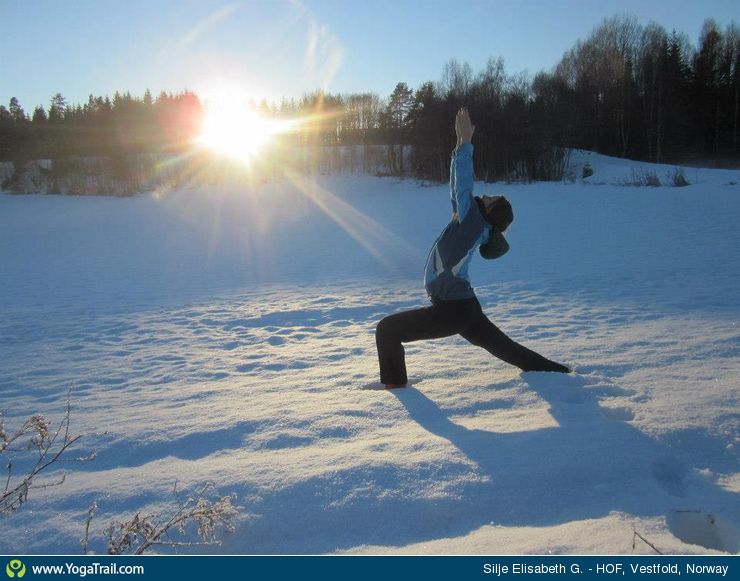
Lastly, if nothing else…
5. Take a high quality multivitamin:
The Standard American Diet (S.A.D.) lacks many of vitamins and minerals that we need in order to be our healthiest self. Let’s be honest… we don’t always have the time to prepare great, healthy meals (we just need to get that paper in). And, even if you are eating great, you may be eating a narrow diet (aka, a diet that doesn’t consider the amazing varieties of nutrients this world has to offer). A good multivitamin will contain every vitamin and mineral in the usual recommended doses. It’s likely that your stress will reduce, your memory will strengthen, your fatigue will minimize, and your sleep will improve.
So, if you’re feeling sluggish and stressed, try these five tricks to kick the bad habits that may have got you feeling crummy. You may start feeling the changes quickly, or it may take a couple weeks – this all depends on your current state of health.
Disclaimer: The above material is for your informational use, only. Always consult a healthcare practitioner (e.g., medical doctor, naturopathic doctor, holistic nutritionist) before taking any vitamins or supplements.

